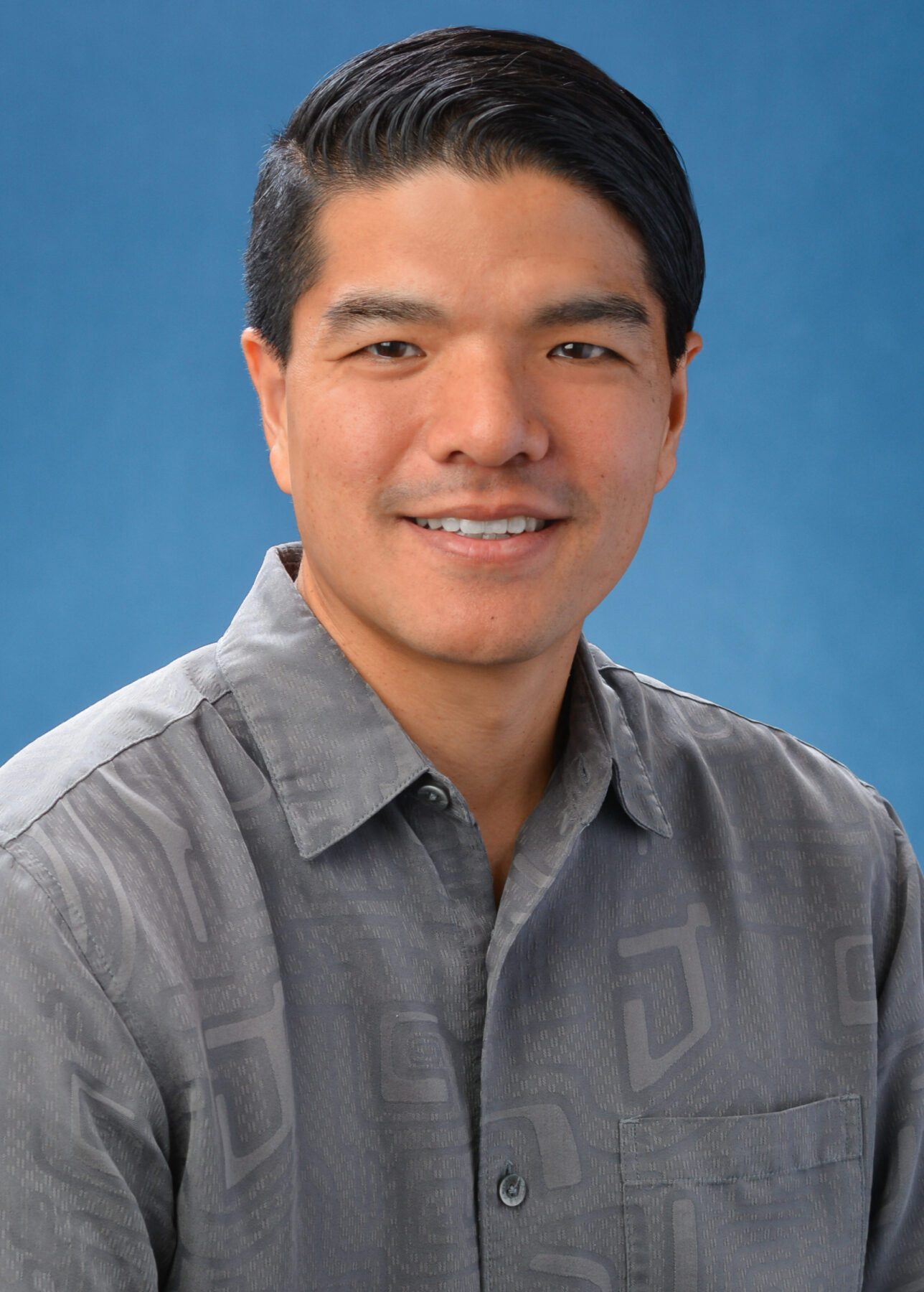
ABOUT HSEO
The Hawaiʻi State Energy Office promotes energy efficiency, renewable energy, and clean transportation to help achieve a resilient clean energy economy. The Chief Energy Officer is appointed by the Governor with the advice and consent of the Hawaiʻi State Senate. The HSEO is administratively attached to the Department of Business, Economic Development, and Tourism.
Hawai‘i State Energy Office: Leading the Way to a cleaner energy future
With the state’s goal to reach 100 percent renewable energy generation by 2045, the Hawai‘i State Energy Office (HSEO) is leading the state’s charge toward a cleaner energy future. HSEO is committed to developing and deploying high-impact solutions that will maximize Hawai‘i’s renewable energy resources and improve efficiency and transportation standards. Through effective policies and innovative programs, HSEO has positioned Hawai‘i as a leader in clean energy innovation, which will generate quality jobs, attract investment opportunities, and accelerate economic growth.
HSEO’s Primary Service Areas
HSEO is committed to maximizing the deployment of cost-effective investments in clean energy production and management for the purpose of growing the economy while promoting Hawai‘i’s energy security. To do this, HSEO prioritizes five service areas:
- Strategy and leadership
- Program design and implementation
- Analysis, reporting, and data collection and sharing
- Regulatory support
- Education, outreach, and community engagement
HSEO EXECUTIVE OFFICE
Act 97 Session Laws of Hawai‘i 2015 charges the Hawai’i State Energy Office with leading the state’s energy transition, as the first state in the nation to set a 100 percent renewable portfolio standard (RPS) for the electricity sector by 2045. Chief Energy Officer (CEO) Mark B. Glick was appointed by the Honorable Josh Green, M.D., and confirmed by the Senate on April 3, 2023, having served previously as Energy Administrator leading the development of Hawai‘i’s Clean Energy Initiative, the precursor to today’s carbon-free pathway. The Executive Office works with the Green Administration to establish the Hawai‘i State Energy Office’s energy strategy, aligning objectives for renewable generation, grid modernization, energy storage, clean transportation, energy efficiency, governance, and equity.
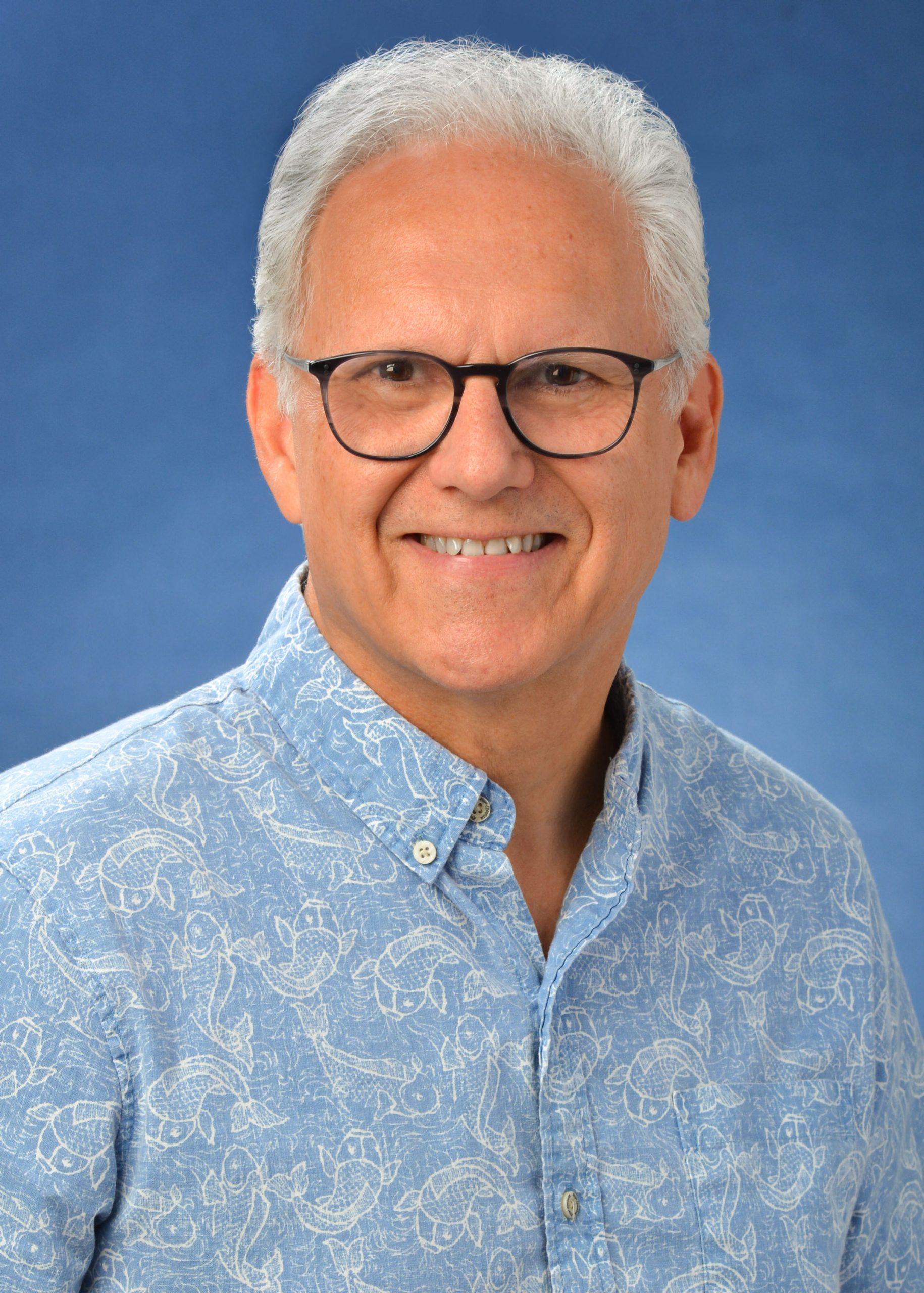
Mark B. Glick
Chief Energy Officer
HSEO Role and Responsibilities:
Mark serves as the Chief Energy Officer for the State of Hawai‘i, leading the Hawai‘i State Energy Office (HSEO) in its mission to promote energy efficiency, renewable energy, and clean transportation to help achieve a resilient, clean energy, decarbonized economy.

Stephen C. Walls
Deputy Energy Officer
HSEO Role and Responsibilities:
Stephen serves as the Deputy Energy Officer for the State of Hawai‘i. Prior to supporting HSEO’s mission for a resilient and decarbonized energy system, Stephen worked on energy and climate issues in the private, public, non-profit, and academic sectors.
At the U.S. Department of Energy, Stephen helped create the Energy Transitions Initiative, a portfolio focused on improving the energy security and sustainability of island and remote grids of the United States. Before his tenure at USDOE, Stephen worked for General Electric, where he focused on government-supported financing mechanisms.
Stephen earned his J.D. with honors from The George Washington University Law School in Washington, D.C., and studied International Relations (B.A.) and Economics (B.S.) at the University of Delaware. He has also held an adjunct faculty position with Johns Hopkins Advanced Academic Programs, where he taught the importance of tailoring government programs to local priorities.
Hawai‘i’s clean energy future is important to me because our responsibility to promote and maintain a healthful environment can be an opportunity to show others that the clean energy transition is achievable.

Yvonne Hunter
Strategy and Marketing Officer
HSEO Role and Responsibilities:
As Strategy and Marketing Officer, Yvonne Hunter supports HSEO leadership and staff in progressing the State’s renewable energy mandate.
Ms. Hunter brings expertise from senior leadership roles at Four Seasons Resorts, Penguin Books, HarperCollins, Ontario Science Centre, Toronto Public Library, and the University of Waterloo. In 2023, she worked with the Hawaiʻi Natural Energy Institute to present the 20th Anniversary Legislative Briefing of the Hawaiʻi Energy Policy Forum.
Throughout her career, she has led award-winning public relations and marketing communications for three multinational companies and managed PR agencies in Canada, the US, Korea, and Japan. Her direction in public relations since 2020 emerges as a call to action in the service of a regenerative economy, with a focus on community resilience and renewable energy. Her work has taken her deeply into the essential work of community building in Hawaiʻi, with a commitment to reaching the State’s goal of 100% renewable energy by 2045.
She holds Board roles with the Friends of Hawaiʻi State Art Museum and the Hawaiʻi Book & Music Festival.
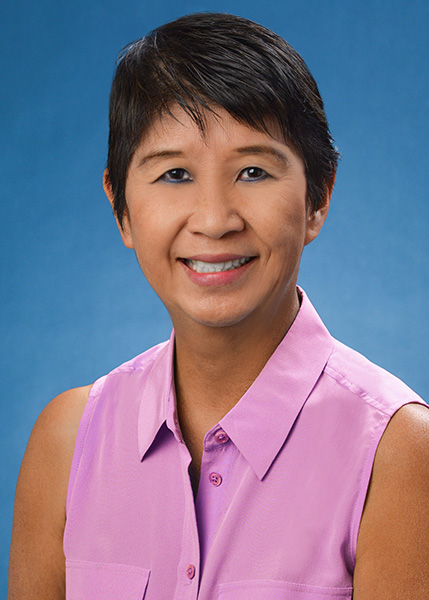
Robin Shiroma
HSEO Secretary; Secretary to the Chief Energy Officer
HSEO Role and Responsibilities:
Robin serves as the secretary to the Chief Energy Officer and is head secretary for the HSEO. She is responsible for providing internal office management and provides support to agency managers and staff.
Hawai‘i’s clean energy future is important to me because there is a myriad of renewable energy resources in Hawai‘i that are plentiful and should be utilized.

Charissa Boniface
Regulatory Assistant

Charissa Boniface
Regulatory Assistant
HSEO Role and Responsibilities: Charissa serves as HSEO’s regulatory assistant. In this role, Charissa is responsible for tracking both legislative and regulatory policies that impact Hawai’i’s energy systems. Charissa maintains internal tracking systems, prepares briefings and meeting materials, and assists with the coordination of HSEO’s participation in agency proceedings, stakeholder working groups, and legislative hearings. Her work ensures that HSEO is informed, responsive, and aligned with state energy goals and statutory mandates.
Hawai‘i’s clean energy future is important to me because climate change is one of the greatest threats to our generation and future generations. To tackle it head-on, we must transition to clean energy as quickly as possible. This transition is important at all levels, from the international to the community level, all actions are vital. I am excited to be a part of this transition at the state level. It is exciting to be a part of shaping what our future will look like in this changing world. It is important to me that in this decision-making process, the local and impacted communities are at the forefront.
Operations
The Operations Branch (Ops) is responsible for actively seeking, tracking, and ensuring compliance with federal funding opportunities for grants that align with HSEO goals and priorities. These funds are earmarked for implementing new programs crucial to Hawai‘i’s advancement in driving forward the state’s sustainable energy initiatives and priorities.
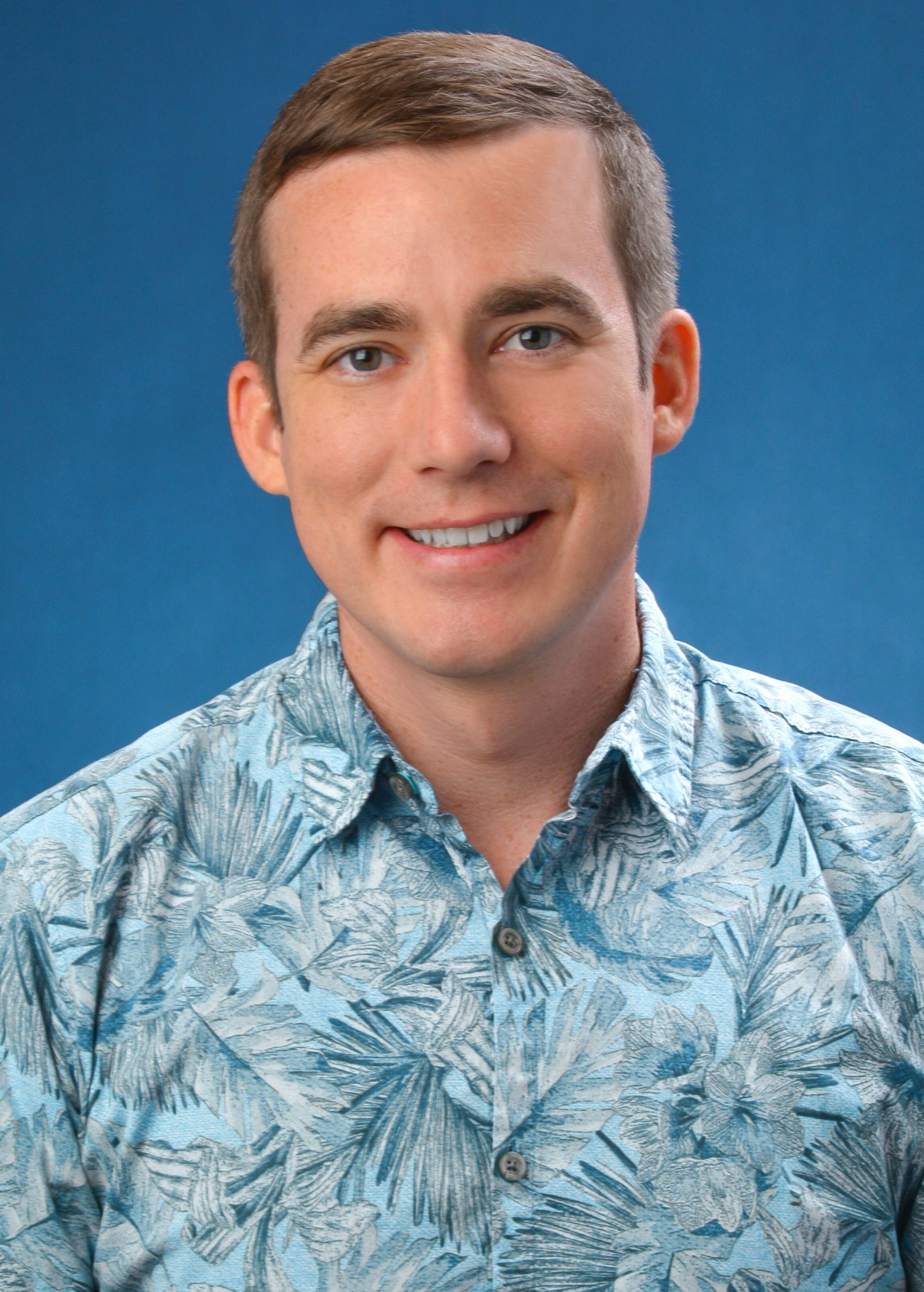
Michael Schwing
Managing Director of Operations

Michael Schwing
Managing Director of Operations
HSEO Role and Responsibilities:
Hawai‘i’s clean energy future is important to me because it will show future generations what is possible when a community prioritizes the health and well-being of its people and physical environment.
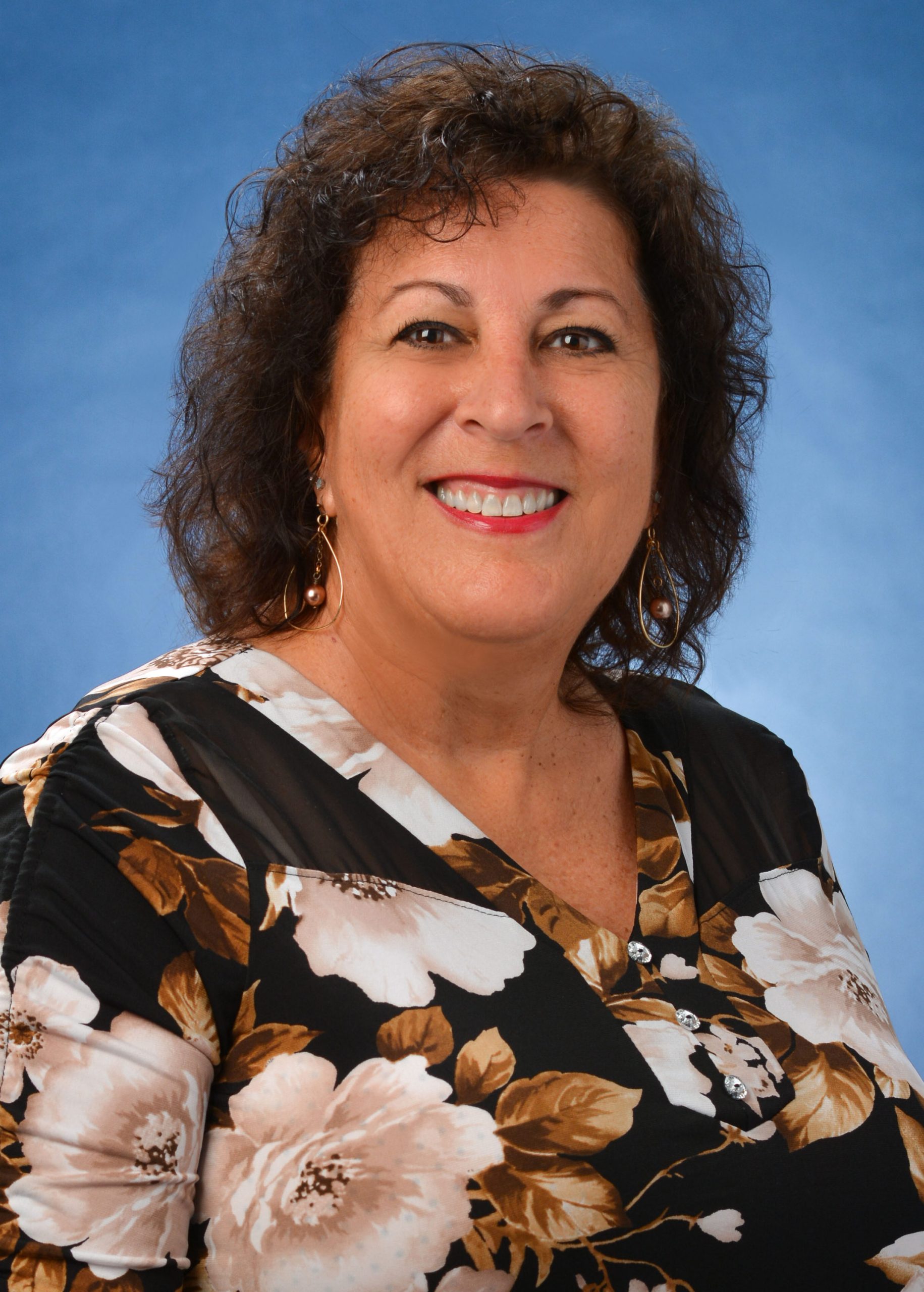
Catherina Pratt
Fiscal Manager
HSEO Role and Responsibilities:
Catherina, also known as “Cat” supports the Hawaii State Energy Office as a member of the Operations Team. She supports HSEO’s mission by directing HSEO’s fiscal and accounting functions; assisting HSEO leadership on fiscal matters; facilitating the preparation and presentation of HSEO’s budget; and acting as liaison with departmental and central staff agencies.
Hawai‘i’s clean energy future is important to me because clean energy has fewer harmful environmental impacts than conventional energy. We are already seeing the effects of climate change. It is threatening our health, our communities, our economy, our security, and our children’s future. Energy efficiency is a key step to reducing our impact on climate change and creating a sustainable energy future.
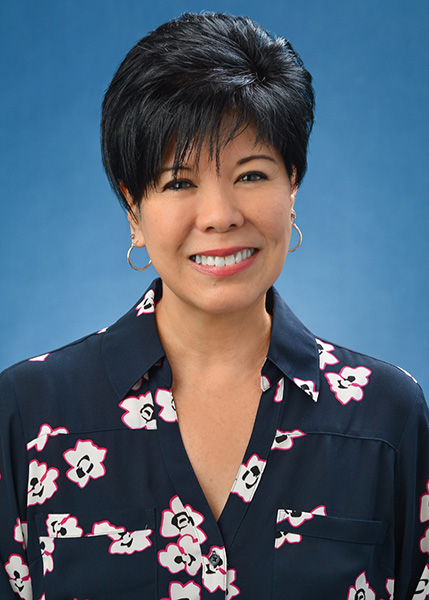
Kathy Yim
Contracts Specialist
HSEO Role and Responsibilities:
Kathy serves as the Contracts Specialist for the Hawai‘i State Energy Office. She facilitates acquisition of internal and external vendors to service HSEO’s program needs. Kathy works directly and coordinates with project managers in the process of producing contracts and agreements to completion. Kathy also serves as HSEO’s Americans with Disabilities Act (ADA) Coordinator and ensures compliance of all communications and program initiatives under Title II.
Hawai‘i’s clean energy future is important to me because our actions now will provide a sustainable environment for future generations.

Amy Chang
Energy Projects Specialist
HSEO Role and Responsibilities:
Amy is responsible for administering SEO’s procurement of goods and services in its work towards Hawai‘i’s clean energy goals. Recognizing that successful procurement must marry fiscal and ethical accountability with adaptability to complex needs, Amy works with staff to navigate relevant legal frameworks and develop practical contracting solutions.
Amy is a former biomedical engineer who has followed her passion for good governance and happier, healthier communities to a career in public service. She holds a certification in project management and degrees in biology and bioengineering from Brown University and the University of Pennsylvania.
Hawai‘i’s clean energy future is important to me because I believe every person has the right to a clean environment and a healthy, sustainable way of living. Our actions now can protect that right for both present and future generations.

Amanda Lui
Energy Grants Specialist
HSEO Role and Responsibilities:
Amanda develops funding applications and manages the financial aspects of grant awards. Her duties include researching and analyzing funding sources, writing project descriptions and performance measures, monitoring grant spending and performance compliance, and preparing analyses and reports.
Hawai‘i’s clean energy future is important to me because I believe it is our responsibility to protect and preserve Hawai‘i in order to ensure that future generations can enjoy this incredible place we are so lucky to call home.

Māhealani Kaonohi
Fiscal Assistant

Māhealani Kaonohi
Fiscal Assistant
HSEO Role and Responsibilities:
Hawai‘i’s clean energy future is important to me because
Jobs and Outreach
The Jobs and Outreach Branch (JOBs) is committed to enhancing Hawai‘i’s workforce and community engagement in the clean energy and skilled trades sectors. Through initiatives like Good Jobs Hawai‘i and the Clean Energy Sector Partnership, JOBs collaborates with various stakeholders to identify in-demand entry-level occupations, develop career pathways from entry-level jobs, provide desired skills training, offer on-the-job training, and facilitate entry-level employment. Innovative outreach programs, such as Clean Energy Wayfinders, place community members in key roles across the islands, to foster community-level involvement in energy planning, and ensure sustainable economic growth and an equitable transition to clean energy across Hawai‘i.
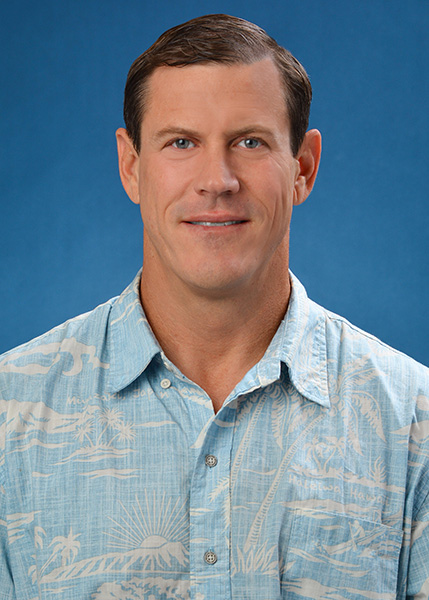
Cameron Black
Jobs and Outreach Branch Manager
HSEO Role and Responsibilities:
Cam leads HSEO’s Jobs and Outreach Branch (JOB) focused on community outreach, workforce development, education, and career pathways in Hawaii’s energy sector. This includes Energize Kakou and HSEO’s innovative Wayfinders program, which places individuals throughout Hawaii who provide information and resources to our communities. JOB also administers HSEO’s workforce programs, such as Good Jobs Hawaii and Hawaii’s Clean Energy Sector Partnership, focused on supporting business needs in the energy sector. Cam is also a member of HSEO’s State Emergency Response Team, the State lead responsible for planning and coordinating responses to energy and/or fuel disruptions impacting Hawai‘i.
Hawai‘i’s clean energy future is important to me because Hawai‘i’s high dependence on fossil fuels imported from other countries for electricity and transportation makes us vulnerable to supply interruptions and price fluctuations beyond our control; both of which we’ve experienced recently. Energy use reduction and locally generated renewable energy can empower Hawai‘i residents and businesses and mitigate the ecological and economic impacts attributed to imported fossil fuel use.
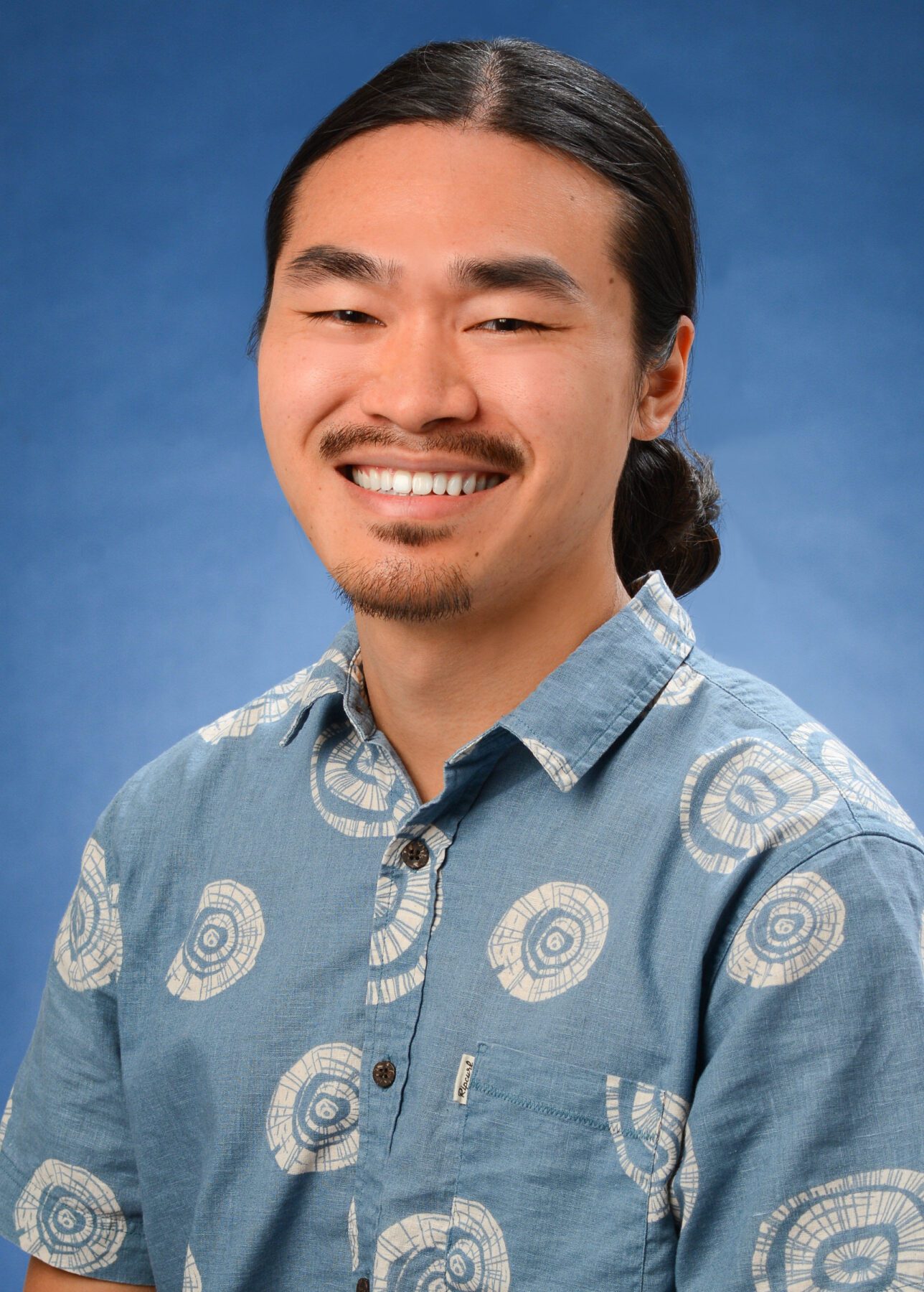
Parker Kushima
Outreach and Community Engagement Specialist, Clean Energy Wayfinders Coordinator
HSEO Role and Responsibilities:
Parker supports the Hawaiʻi State Energy Office’s (HSEO) focus on meaningful community outreach and engagement to ensure that no one is left behind in the state’s transition to 100% renewable energy. His work includes the planning and implementing of programs that help to bridge the gap between the community, government, and the energy industry to bring accessible energy conversations to Hawaiʻi’s many diverse communities.
Parker also coordinates the Clean Energy Wayfinders program, a collaborative effort between communities, state and county government, and the energy industry to better address the energy priorities of communities across the state by listening to and learning from the stories of residents, sharing energy information and resources, and helping to prepare community members to make informed decisions about their energy future.
Hawai‘i’s clean energy future is important to me because our state can set an example of an equitable clean energy transition which includes the manaʻo of all residents.
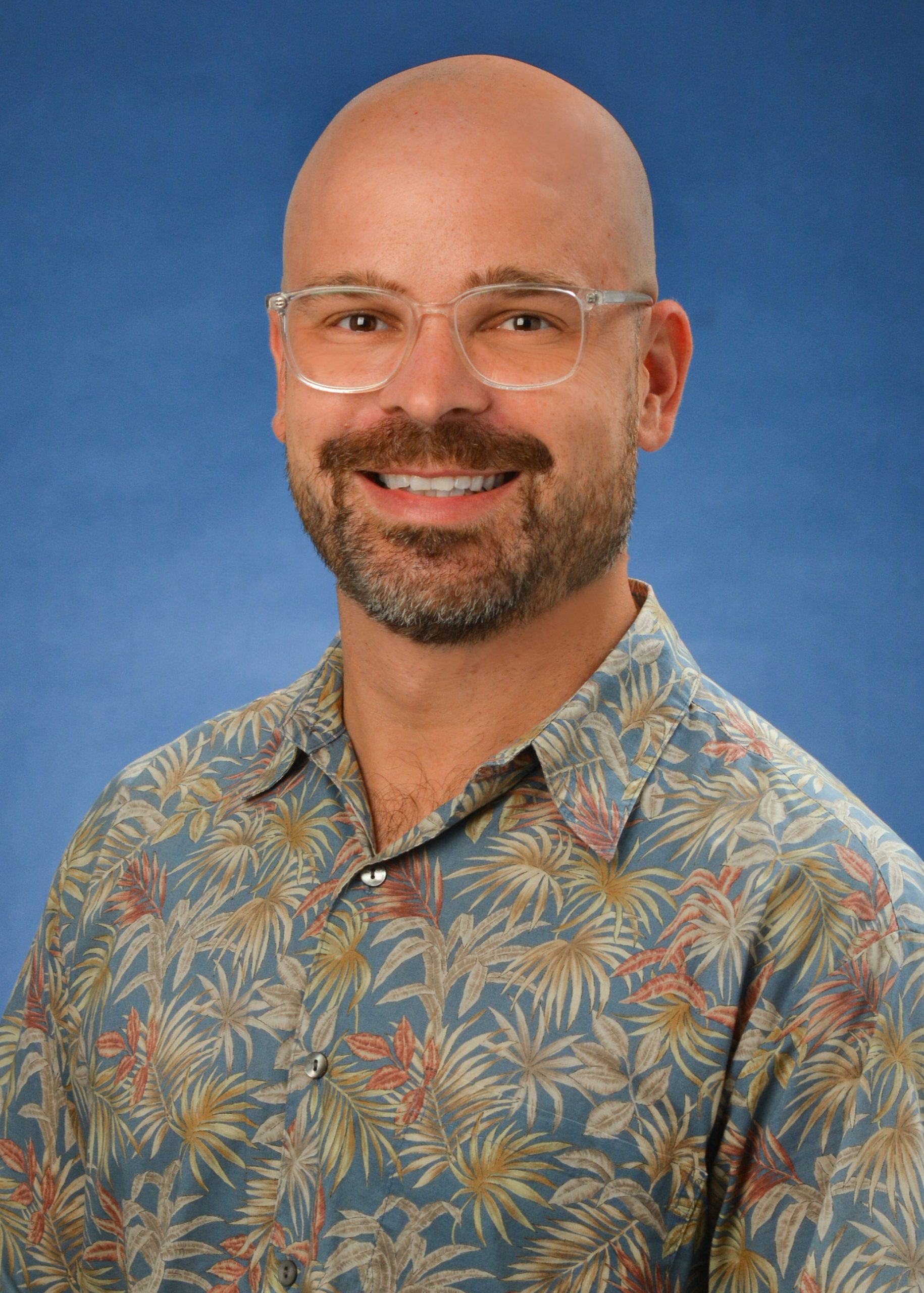
Eric Sippert
Energy Partnerships Manager
HSEO Role and Responsibilities:
Eric leads HSEO’s role as Regional Partner for the Energy Technology Innovation Partnership Program, which helps Hawaiian and Pacific Territory communities to become more energy resilient. He fosters community, governmental, non-profit, and private sector partnerships that contribute to energy resilience, reliability, and affordability.
Hawai‘i’s clean energy future is important to me because Remote island communities face unique energy challenges. Hawai‘i demonstrates how stakeholders can collaborate at multiple scales to advance a resilient and reliable energy future.

Kai Goode
Clean Energy Innovator
HSEO Role and Responsibilities: Kai works to support Jobs and Outreach, using HAVEN (Hawaii Advanced Visualization Energy Nexus) to demonstrate the state’s multifaceted energy system. Working closely with key stakeholders and community members she is designing a framework curriculum for HAVEN. Her work also intersects with RCA to develop metrics for community outreach and data visualization as HSEO.
Hawai‘i’s clean energy future is important to me because Hawaiian communities face particular challenges within the climate crisis, and they deserve the right to clean and equitable energy.
Energy Efficiency and Renewable Energy
The Energy Efficiency and Renewable Energy (EERE) branch spearheads efforts to boost energy efficiency and promote renewable energy sources across Hawai‘i. By advocating for updated energy codes, assisting in energy-efficient upgrades for state-owned buildings, and implementing incentives for both residential and commercial sectors, EERE aims to reduce energy consumption and costs while advancing the state’s transition from fossil fuels. Additionally, the branch supports the development of renewable energy projects and provides technical assistance to communities and developers, driving Hawai‘i towards energy self-sufficiency and a sustainable future.

Monique Zanfes
Managing Director, Energy Efficiency and Renewable Energy
HSEO Role and Responsibilities:
Monique Zanfes serves as the Managing Director of the Energy Efficiency and Renewable Energy Branch (EERE) for the Hawai’i State Energy Office. She is responsible for managing, developing, and implementing policies and programs that advance energy efficiency, promote renewable energy adoption, and ensure energy reliability in alignment with Hawai‘i’s clean energy and decarbonization goals. Her work includes overseeing initiatives that support the deployment of renewable energy technologies, State Lead by Example programs, and building energy efficiency standards, among other efforts, to reduce the state’s reliance on high-carbon fossil fuels. Monique serves as the technical advisor on matters related to energy sector greenhouse gas emission reduction and accounting statewide.
Monique’s prior roles at HSEO include Decarbonization Program Manager and Renewable Energy Project Specialist. She holds a M.S. in Environmental Science and Management from UC Santa Barbara and a B.S. in Environmental Science from Hawai‘i Pacific University.
Hawai‘i‘s clean energy future is important to me because I believe we have an ethical responsibility to transition to an energy system that safeguards the environment and the atmosphere upon which all life depends. The climate crisis is real and disproportionately affects the world’s most vulnerable communities. Addressing it requires reducing and balancing greenhouse gas emissions and moving away from fossil fuels.
A transition to clean energy is essential, but it must be pursued with care, recognizing that not all renewable energy sources are inherently clean or equitable. Thoughtful siting, technology choice, and long-term stewardship are critical to ensuring that the energy systems that power our islands are sustainable, responsible, and pono.
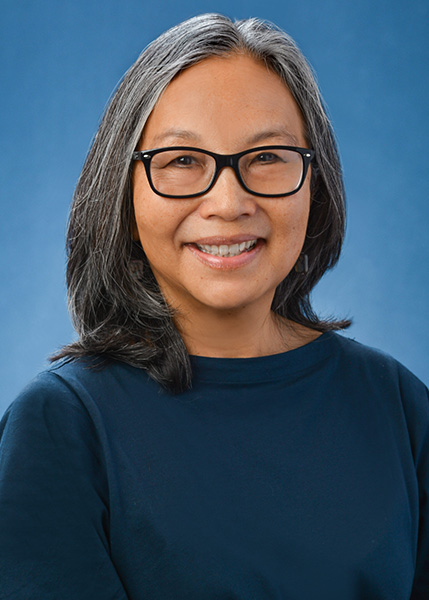
Gail Suzuki-Jones
Manager, Energy Efficiency and Renewable Energy
HSEO Role and Responsibilities:
Gail is the Manager of Energy Efficiency and Renewable Energy (EERE) for the Hawaiʻi State Energy Office with a focus on building and business operations and maintenance and Green Business and Green Building technical assistance and training. As a former contract manager of energy code for new construction and benchmarking projects for existing buildings, Gail has over 25 years of experience working for the State of Hawai‘i. She collaborates and partners with other agencies, industry associations, and non-profit organizations to promote and implement energy efficiency and green programs and projects. She feels it is essential to “walk the talk” and “lead by example”.
Hawai‘i‘s clean energy future is important to me because we have the opportunity, challenge, and responsibility to leave a legacy that will support and enable future generations to live and thrive in a healthy environment. By working together collaboratively we will support and promote progress in clean energy and our local communities in Hawai‘i.
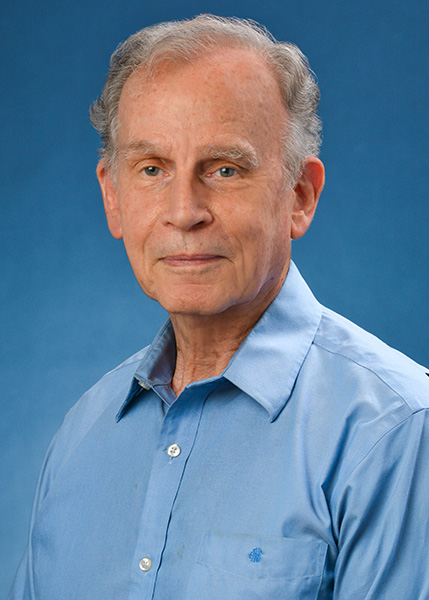
Howard Wiig
Energy Codes and Standards Program Manager
HSEO Role and Responsibilities:
Howard’s prime responsibility is promulgating International Energy Conservation Codes (IECC) and securing timely adoption by the State Building Code Council and Hawai‘i’s counties. Howard also actively advocates maximizing the efficiency levels at the national IECC hearings and persuades by putting the code into context. The IECC improves in efficiency and is updated every three years.
Hawai‘i‘s clean energy future is important to me because as a local boy, I flourished in near-idyllic outdoor settings. As a young man, I witnessed wars in the third world and wanton waste in the first world. I made it my life’s mission to help heal Mother Earth. My job fits the bill most excellently.
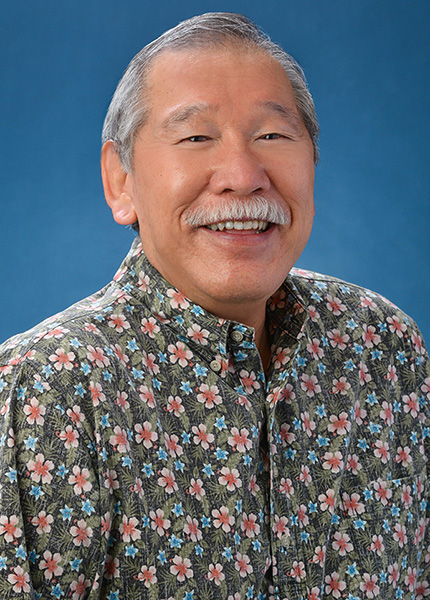
Alan S. Okimoto
Energy Efficiency Program Manager
HSEO Role and Responsibilities:
Alan oversees the technical assistance for Energy Performance Contracting program serving as the point of contact for state and county agencies. Alan also is a member of the Energy Efficiency Portfolio Standards Technical Advisory and Technical Working Groups, State Emergency Response Team for State Emergency Support Function #12 – Energy, Grid-Interactive Efficient Buildings Working Group, Energy Efficiency in State Buildings project team, U.S. Department of Energy’s Sustainable Corrections Infrastructure Partnership (SCIP) Accelerator Hawaii team, and the Powering Past Coal Task Force. Additionally, Alan administers the State of Hawaiʻi Solar Water Heater Variance Program.
Hawaiʻi’s clean energy future is important to me because of its impact on climate change. We must do everything we can to ensure a clean and healthy planet for future generations.
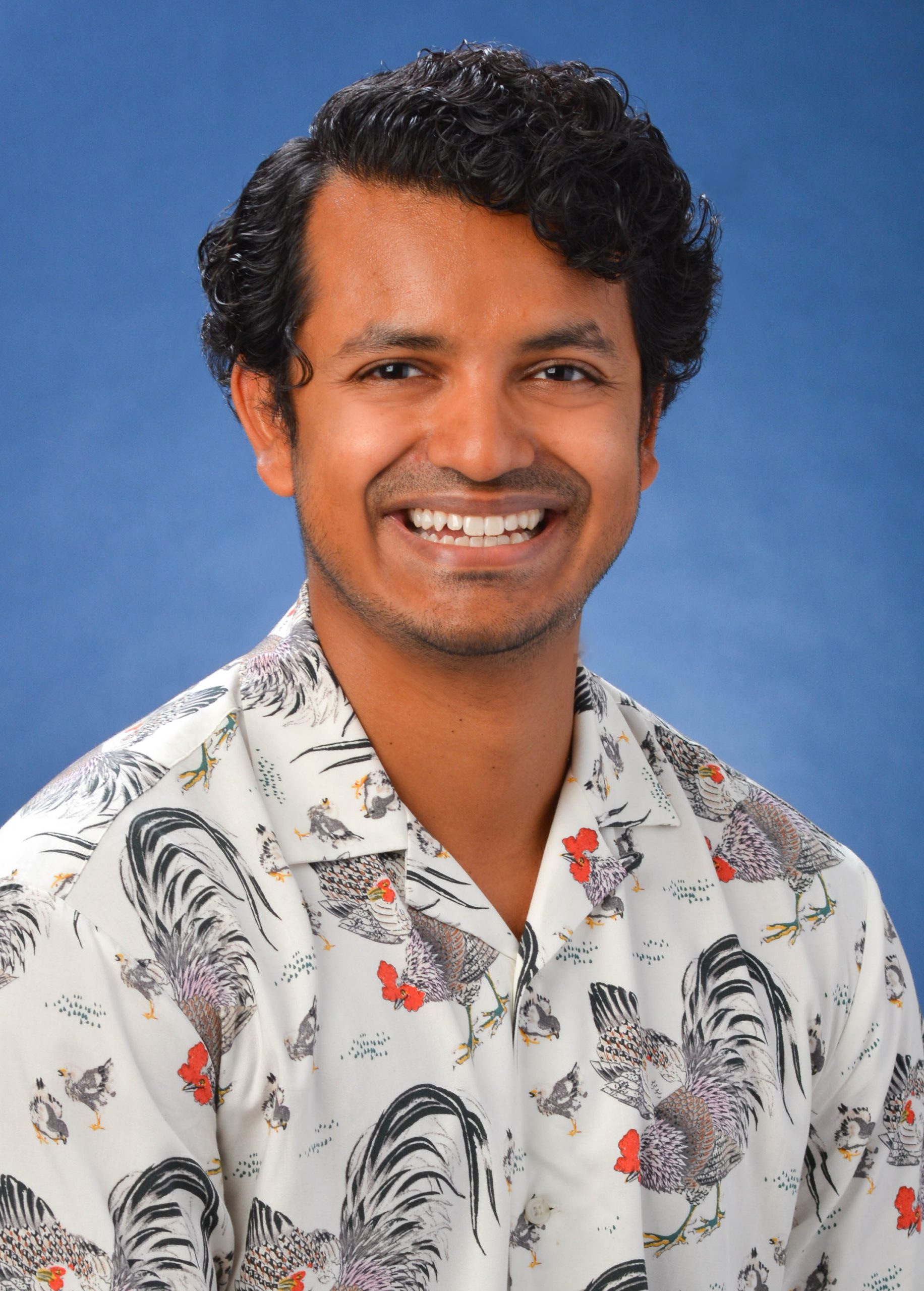
Rounak Chatterjee
Energy Efficiency Specialist

Rounak Chatterjee
Energy Efficiency Specialist
HSEO Role and Responsibilities:
Ron is a part of HSEO’s Energy Efficiency team within Energy Efficiency and Renewable Energy (EERE) branch. His work is focused on developing energy policy and providing technical assistance related to the state’s commercial and residential buildings sector, including the topic areas of building sector decarbonization, new construction building energy codes, and existing buildings’ energy performance standards. Having served as a mechanical engineer and building performance consultant in his previous roles, Ron is experienced in developing building design strategies to maximize energy efficiency while simultaneously minimizing operational carbon emissions. His current work at HSEO includes developing detailed project proposals for the State of Hawaiʻi’s building sector funding applications for the Infrastructure and Jobs Act (IIJA/BIL) and the Inflation Reduction Act (IRA) grant programs.
Hawai‘i‘s clean energy future is important to me because Pacific island communities are some of the most at-risk areas from the impacts of anthropogenic climate change and our future energy choices have a large influence on the future of these islands. The incredibly unique and fragile ecosystems of Hawaiʻi deserve to be protected for future generations.
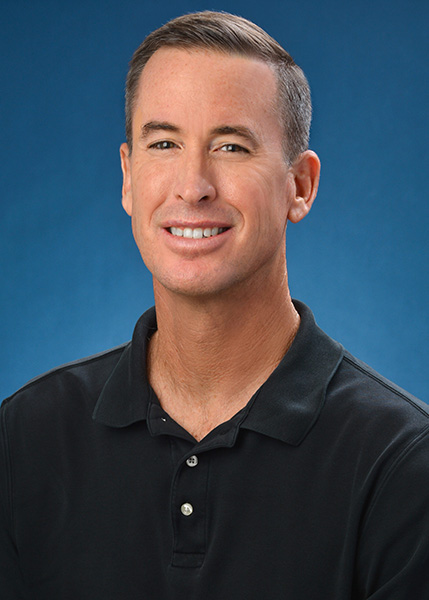
John Myrdal
Public Facilities Program Manager
HSEO Role and Responsibilities:
John serves as Public Facilities Program Manager for the Hawai‘i State Energy Office, serving as a fiscal and program manager on behalf of the HSEO on joint state agency agreements consistent with State budget execution policies and the Department of Accounting and General Services; performing research and analysis of distributed energy programs in other states; administering and responding to tax-related questions; and reviewing Federal funding opportunities for applicability in Hawai‘i. John also supports Hawai‘i’s $8M Volkswagen Mitigation Trust allocation and serves as a liaison between the VW trustee and HSEO.
Hawai‘i‘s clean energy future is important to me because the cost of energy impacts everyone.

Munashe C. Silverberg
Renewable Energy Analyst
HSEO Role and Responsibilities:
Munashe C. Silverberg is a Renewable Energy Analyst. She is focused on land-based renewable energy projects, evaluating and supporting technical and resource feasibility, appropriate siting, effective permitting, and overall cost-effectiveness, while understanding and communicating potential impacts, options, and supply chains. Technologies within her purview include bioenergy, hydropower, photovoltaics, and wind systems as well as hybrid systems (such as agrivoltaics) that combine energy and other outputs.
Munashe graduated from The University of Texas at Dallas with a double major in Biology and Business Administration with a focus on Energy Management and has an interest in leveraging technology and data-driven decision-making to meet United Nations sustainable development goals.
Hawai‘i‘s clean energy future is important to me because an island chain that both celebrates its culture and accomplishes its clean energy goals can serve as an example to other states and nations, demonstrating that energy independence can be a part of their future too. Right now we all need these hopeful examples

Jayla Thomas
Energy Efficiency Rebates Specialist
HSEO Role and Responsibilities:
Jayla assists and supports Home Energy Rebates (HER) programs at the Hawaiʻi State Energy Office (HSEO). Her work focuses on the development and implementation of these programs to administer energy efficiency rebates funded by the Inflation Reduction Act through technical, analytical, and coordination support. Jayla also provides administration and organizational functional capabilities required by HSEO to reach 100% renewable energy by 2045.
As a former intern for the Hawaii State Energy Office, Jayla has experience in federal, state, and county review and approval processes; government operations; and stakeholder engagement through the Hawaiʻi Green Business Program.
Hawai‘i‘s clean energy future is important to me because with a growing population and increase in energy demand, the more we can reduce our carbon footprint, the more chance we will have at reducing the effects of climate change, which drastically impacts island communities like Hawaiʻi. With the HER program, we will be able to bridge the gap between clean energy initiatives and low- to moderate-income households —another community so often left behind.

Thor Mendez
Energy Efficiency Rebates Specialist

Thor Mendez
Energy Efficiency Rebates Specialist
HSEO Role and Responsibilities:
Thor assists and supports Home Energy Rebates (HER) programs at the Hawaiʻi State Energy Office (HSEO). His work focuses on the development and implementation of these programs to administer energy efficiency rebates funded by the Inflation Reduction Act through technical, analytical, and coordination support.
Thor earned his B.S. from Wentworth Institute of Technology in Boston, Massachusetts, concentrating in Facilities Management. Along with gaining his LEED Green Certification, Thor’s focus has always been on effective building practices/materials to prepare a safer, more resilient infrastructure for all.
Hawai‘i‘s clean energy future is important to me because as a local born and raised on the island of O‘ahu, the stewardship of today will forever impact the generations of tomorrow. I would like to continue to plant trees for shade, even those that I will never get to sit under.
Resilience, Clean Transportation, and Analytics
The Resilience, Clean Transportation, and Analytics (RCA) branch operates to ensure Hawai‘i’s energy security, fostering the adoption of clean transportation and providing data-driven insights that inform energy policy and decision-making. RCA focuses on assuring reliable fuel and energy delivery, leveraging grants to assess and fortify energy supply chains, and investing in grid modernization. In the transportation sector, the branch supports the adoption of zero-emission vehicles and infrastructure. Finally, RCA serves as a data hub, collecting and analyzing energy and transportation data to assess critical infrastructure risks and inform policy decisions and planning for Hawai‘i’s clean energy transition.
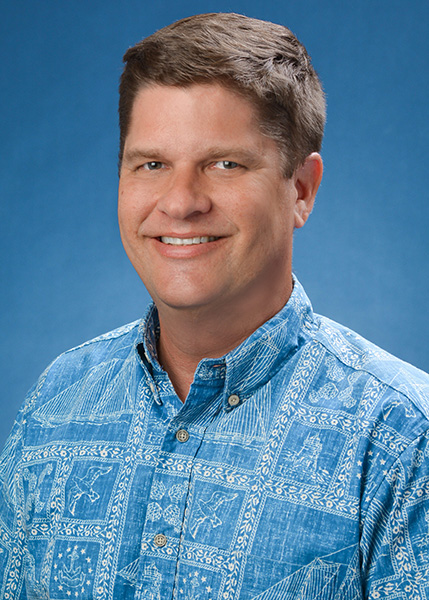
Chris Yunker
Managing Director, Resilience, Clean Transportation, and Analytics
HSEO Role and Responsibilities:
Chris is the Managing Director, Resilience, Clean Transportation, and Analytics (RCA) for the Hawai‘i State Energy Office. The RCA branch is responsible for the design and implementation of the state’s comprehensive energy ecosystem and energy assurance plans related to Hawaii’s integrated utility grids, pipelines, fuels, and infrastructure. Also, under the purview of the RCA branch is devising and deploying statewide clean energy plans and policies, electrification of transportation strategies, increasing renewable penetration at lower costs to ratepayers, and ensuring energy security.
Hawai‘i’s clean energy future is important to me because I want the place my family calls home to be an example of what is possible.
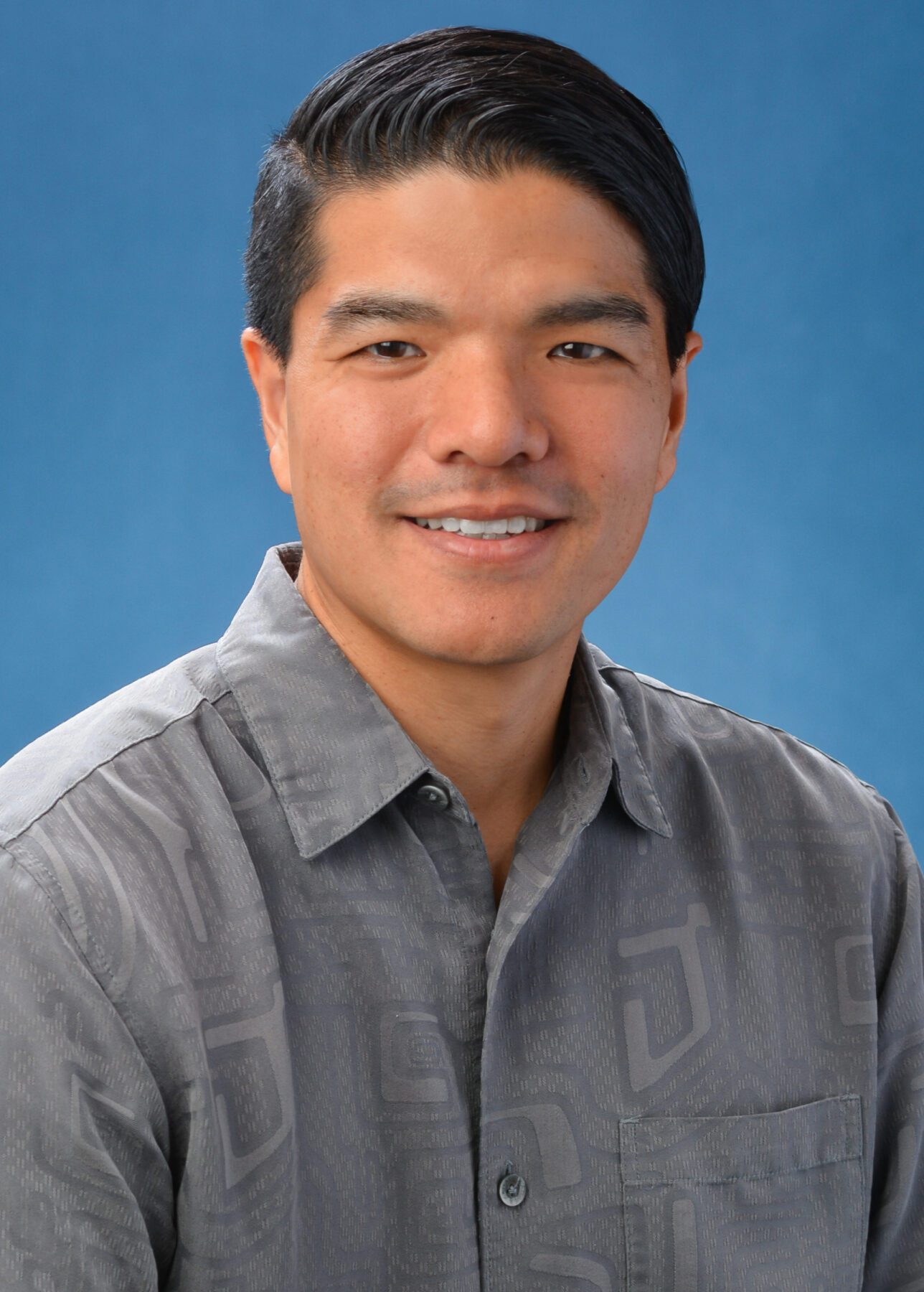
Jon Chin
Manager, Resilience, Clean Transportation, and Analytics
HSEO Role and Responsibilities:
Jon is the manager of the Resilience, Clean Transportation, and Analytics (RCA) Branch. He leads the HSEO State Emergency Response Team in its role as the primary and coordinating agency for State Emergency Support Function #12 – Energy. Jon also has a focus on programs and projects in energy assurance planning and analysis and the deployment of energy resilience investments.
Hawai‘i‘s clean energy future is important to me because developing an energy system using local energy resources improves our overall self-sufficiency and resilience in the face of all hazards.

Nicole H. Cernohorsky
Transportation Energy Specialist
HSEO Role and Responsibilities:
As Transportation Energy Specialist, Nicole Cernohorsky supports the Hawaiʻi State Energy Office’s mission to advance clean transportation in support of a resilient, reliable, and affordable clean energy economy. With a background in ecological systems, she brings a holistic, data-informed perspective to transportation decarbonization and energy efficiency — supporting planning, analysis, and coordination efforts across aviation, marine, and ground transportation.
Hawai‘i‘s clean energy future is important to me because it supports long-term stability for Hawai‘i’s communities, strengthens our resilience, and reduces reliance on imported fuels. Hawai‘i’s long history of innovation and its unique island context create opportunities to develop approaches that can inform transportation and energy solutions for other remote or resource-constrained regions.
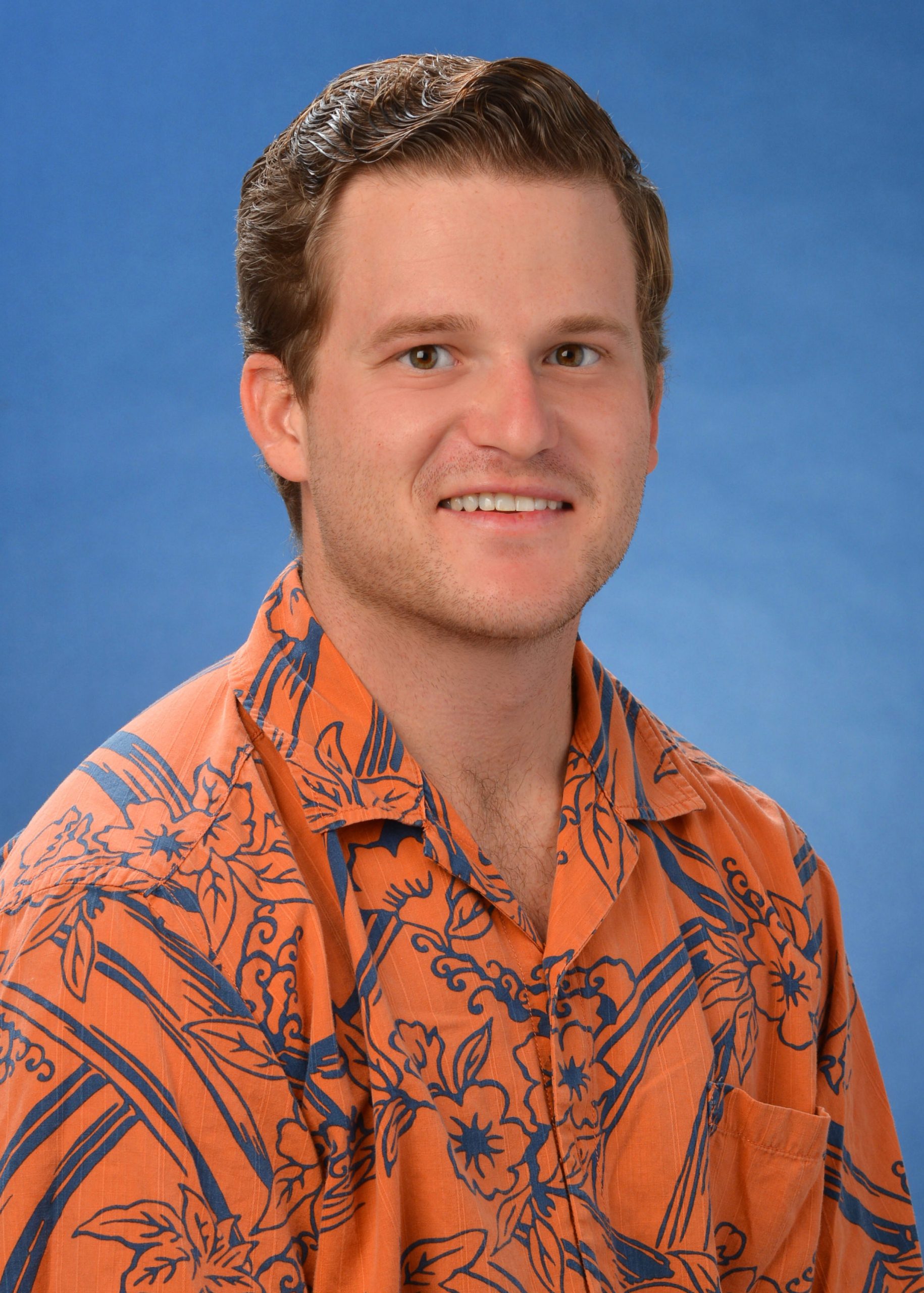
Scott Marshall
Energy Analytics Specialist
HSEO Role and Responsibilities:
Scott provides support to HSEO’s various data-driven research projects and data visualization initiatives.
Scott was born and raised in Houston, Texas. He holds an M.A. in Urban and Regional Planning from the University of Hawaii at Manoa, where he was also a kicker on the Rainbow Warrior football team. Before moving to Hawaii, he earned an M.S. in Engineering and Technology Management and a B.S. in Economics from the Colorado School of Mines, where he also played college football. Scott worked as a data scientist within the energy space before his full-time employment at HSEO.
Hawai‘i‘s clean energy future is important to me because the decisions we make today will shape the experiences of future generations.
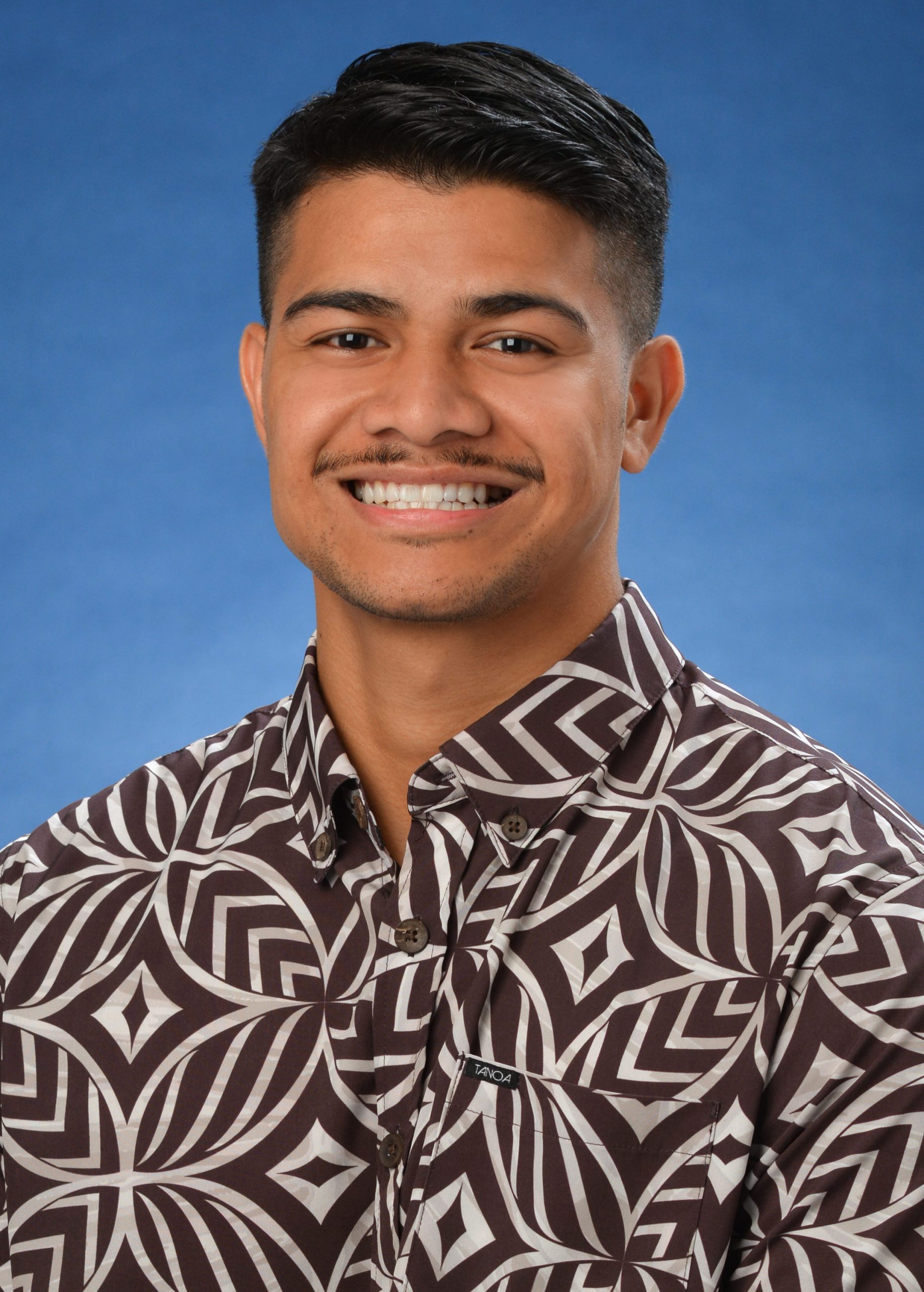
Ionatana Tuitasi
Energy Resilience Project Specialist
HSEO Role and Responsibilities:
Hawai‘i‘s clean energy future is important to me because it is crucial to preserve the natural beauty of these islands and protect them from the harmful effects of climate change. In addition, the steps we are taking to accomplish a more secure and cleaner energy economy provide the pathway for many other islands and countries to follow.
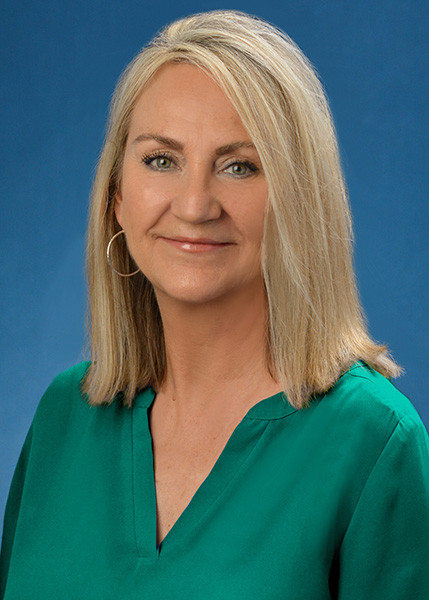
Marika Metz-Hall
Administrative Assistant
HSEO Role and Responsibilities:
As an Administrative Assistant, Marika manages internal office procedures and operations, applies Departmental, State, and Federal procedural guidelines, and is responsible for providing secretarial, administrative, and clerical support to the Energy Program Manager(s), and to the professional staff members as assigned, which relieves them of clerical and administrative details. This is all to support HSEO’s mission to facilitate innovation, investment, and deployment of clean energy infrastructure as a catalyst for economic growth, energy innovation sector development, and energy security advancement.
Hawai‘i‘s clean energy future is important to me because we are susceptible economically to increases in the price of oil and disruptions to supply. Hawai‘i, as islands in the middle of the Pacific, are also vulnerable to rising sea levels, more violent storms, and longer droughts. Our carbon footprint may be small; however, we all must do our part.
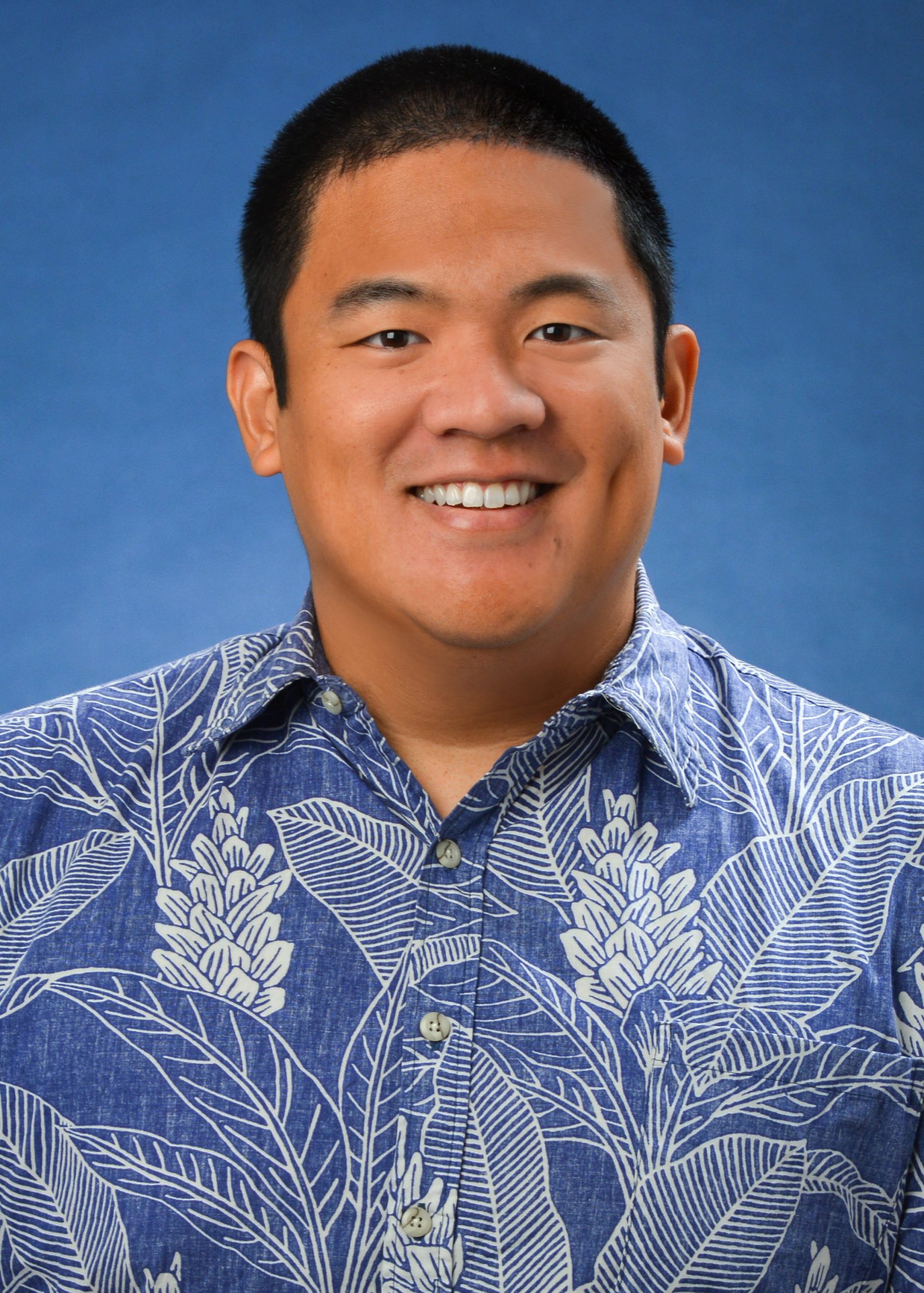
Kevin Moy
Energy Resilience Project Specialist
HSEO Role and Responsibilities:
Kevin Moy currently serves as the Energy Resilience Project Specialist managing the Hawai’i Grid Resilience Program. His work supports the administration of grants intended to increase the state’s capabilities for energy resiliency and hazard mitigation. Kevin is also a member of the HSEO State Emergency Response Team for Emergency Support Function #12 (Energy), and provides technical support and subject matter expertise on energy storage.
Kevin received a Ph.D. in Energy Science and Engineering from Stanford University for his work on modeling lithium-ion battery degradation and characterizing energy storage in electric grid and vehicle applications. Kevin also holds a bachelor’s degree in Engineering Physics and a master’s degree in Civil and Environmental Engineering (Atmosphere/Energy), both from Stanford University.
Hawai‘i‘s clean energy future is important to me because I believe in an energy-independent, self-sufficient future for Hawai’i, one where we rely on our natural resources and minimize our dependence on imported sources of fuel. Solutions do exist in the form of renewable energy technologies and sustainable energy practices- yet it is also important to ensure that all of our communities can thrive on resilient and reliable sources of power and that we respect the land and minimize our impact on the environment.
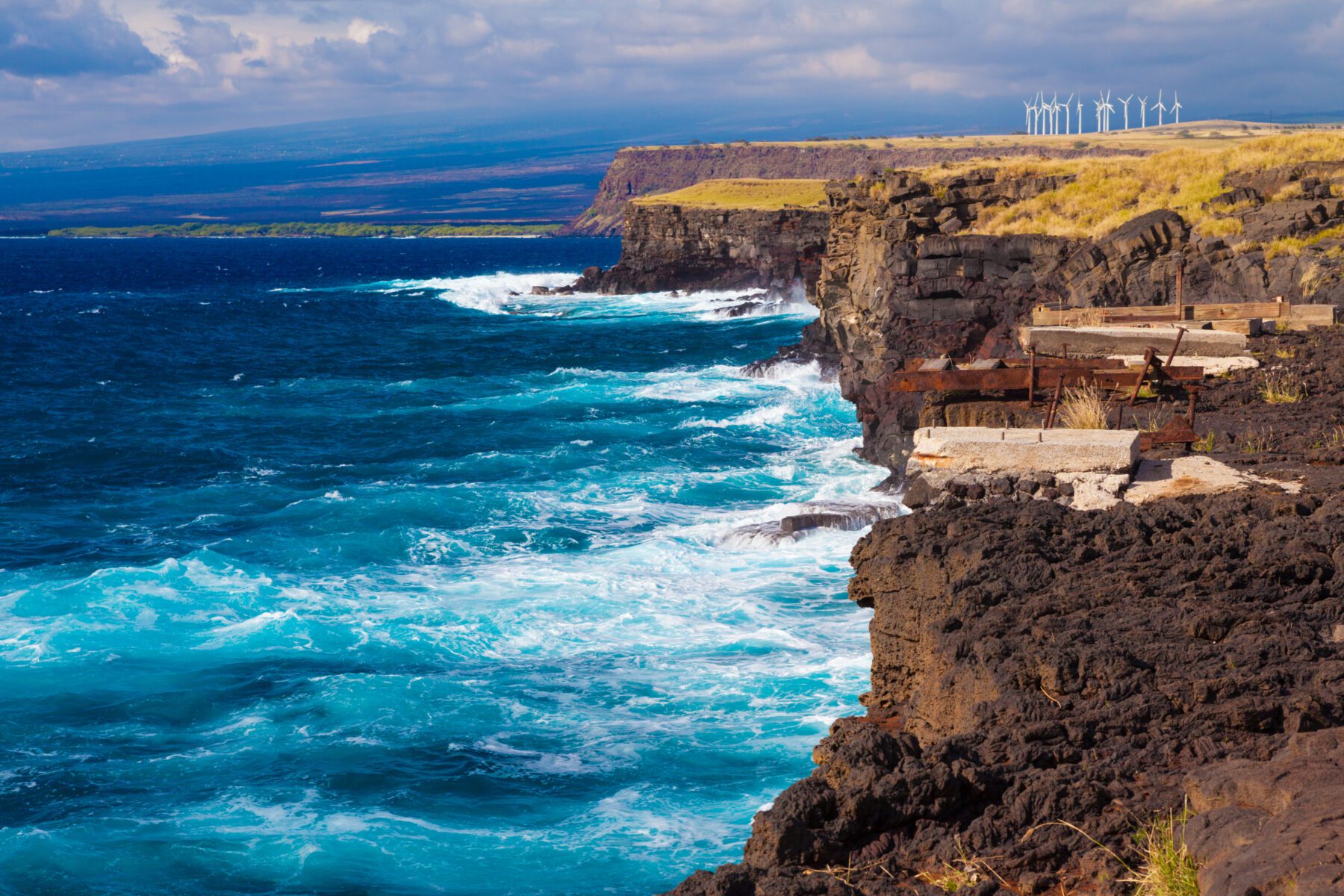
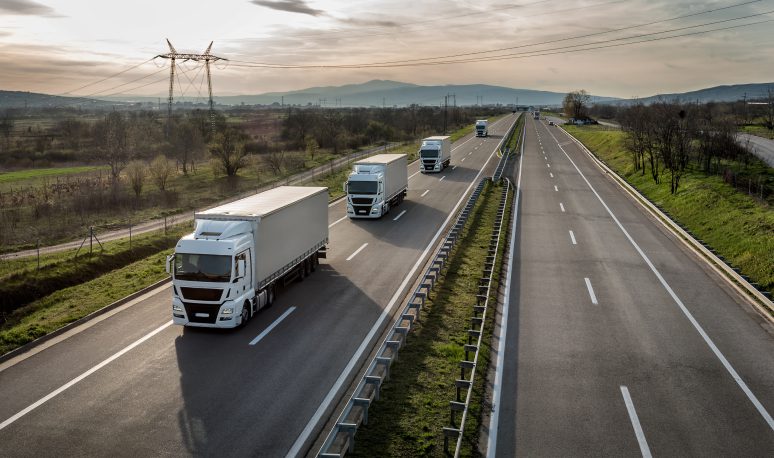
JOin our Team
Interested in supporting the HSEO’s mission to achieve clean energy independence for Hawai‘i? We continuously seek out candidates who want to tackle the climate crisis at its roots (carbon emissions from energy) while increasing equity and creating a better quality of life for all of us here in Hawai‘i. Explore the current opportunities to join our team of professionals who are passionate about a clean energy future!


